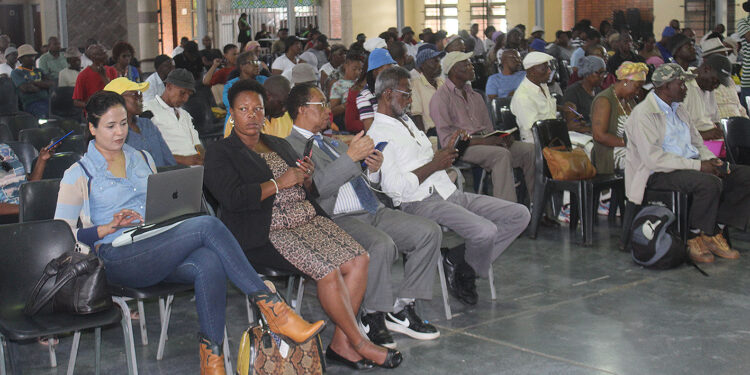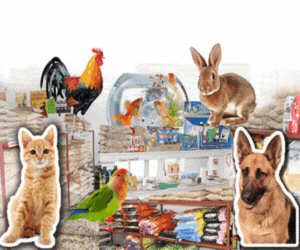To assist local spaza and tuck-shop owners with business registration and to ensure compliance, Soweto Farmers Market spearheaded a comprehensive workshop at the Dlamini Community Hall in Soweto on Thursday, 13 February.
The workshop drew a large crowd of spaza shop owners, eager to voice their concerns and to seek support. A key issue raised was the challenge of not having title deeds by most business owners.
Soweto Farmers market recognised the urgent need to promote compliance and food safety in light of the tragic deaths of children who consumed products from a Soweto spaza shop and ensure food safety standards, safeguarding public health at the market.
Mbulelo Ntshatsha, stakeholder management and communications director at Soweto Farmers Market, stated that the workshop focused on compliance certification, food product safety, hazardous substances and town planning regulations.
“We Will continue offering this training sessions and workshops for our residents, ensuring that everyone understands and abides by government regulations.” Added Ntshatsha.
He further reiterated that one of Soweto Farmers Market’s primary goals is to see township entrepreneurs succeed in starting or expanding their businesses.
To ensure smooth registration and compliance, key stakeholders from the City of Johannesburg, Business Licensing, Environmental Health, the Informal Economy, and the Town Planning departments were present at the workshop to guide spaza shop owners through the process. Since the initiative’s launch, spaza shop owners have applied for registration, with applications currently being vetted by relevant departments, including the Department of Home Affairs.

Busisiwe Zulu, Health Inspector at COJ, stated the importance of a Health certificate for any business. “Obtaining a health certificate requires strict adherence to hygiene standards in business premises, along with a valid business licence. This includes essential practices like maintaining cleanliness,” mentioned Zulu.
Zulu highlighted the food safety rules as foundational practices to prevent contamination: keeping premises clean, keeping food at safe temperatures, cooking food thoroughly, using safe water, and maintaining hand hygiene.
The workshop ended with a question-and-answer session where the participants inquired about town planning and zoning including other relevant concerns related to the registration and compliance process.
In his closing remarks, the City of Johannesburg official, Bheki Twala, expressed his gratitude to the participants for their time and active engagement.
“The city has been inundated with enquiries from township business owners who are eager to comply with the registration requirements, so this workshops will assist in getting the necessary information out there”, added Bheki.
Bheki also thanked Soweto Farmers Market for spearheading this remarkable initiative.
The introductory session of the workshop was a success, equipping event attendees with essential knowledge and practical steps to register and comply with government standards. This initiative marks a significant step in Soweto Farmers Market’s ongoing commitment to ensuring that all local businesses register and comply with health and safety procedures, ultimately protecting the well-being of the public
Thapelo Magola
Soweto Sunrise News.


































